Trinidad and Tobago has just legalised gay sex
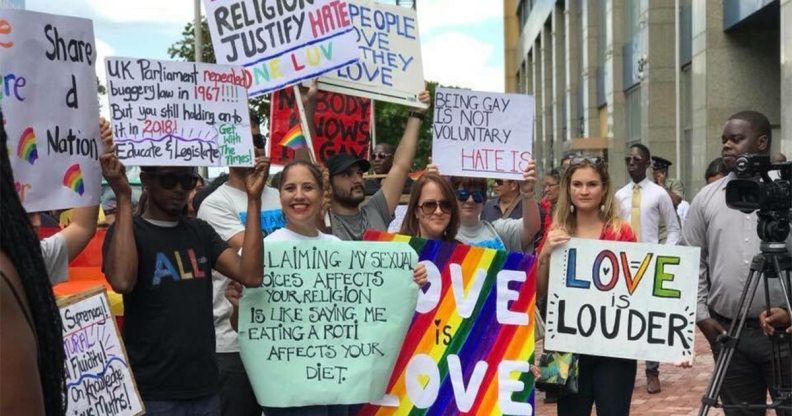
Trinidad and Tobago has struck down a colonial-era law that criminalised gay sex in the islands.
A high court judge ruled on Thursday that the historic laws banning “buggery” are unconstitutional and will be struck down.
Judge Devindra Rampersad said in the momentous ruling that the laws banning “serious indecency” infringed on the constitutional rights of the around 100,000 LGBT people on the islands.
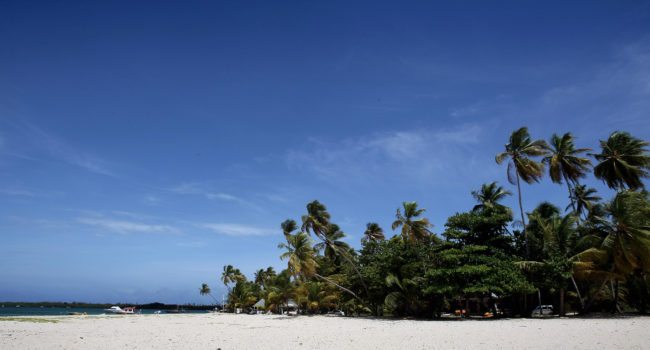
(THOMAS COEX/AFP/Getty)
“The court declares that sections 13 and 16 of the [Sexual Offences Act] are unconstitutional, illegal, null, void, invalid and of no effect to the extent that these laws criminalise any acts constituting consensual sexual conduct between adults,” Judge Rampersad said.
Under the law, men convicted of penetrative sex with another man could be imprisoned for 25 years, while any other gay or lesbian sexual acts can result in a five-year prison term.
Trinidad and Tobago’s law against gay sex was originally introduced by British colonialists but has been maintained and encouraged since.
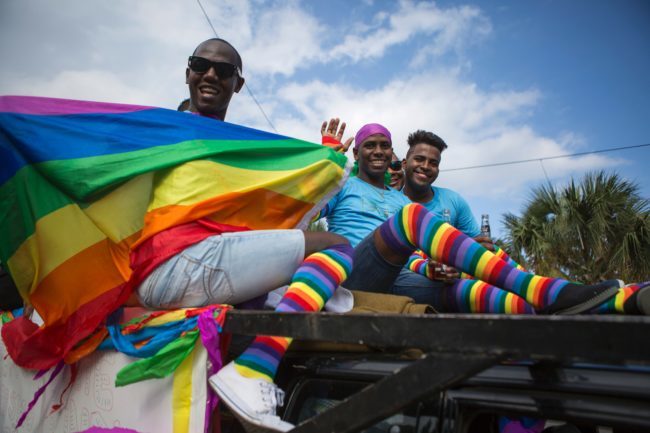
The parliament of the islands increased the maximum penalties for gay sex between consenting adults twice in the last thirty years, once in 1986 to 10 years imprisonment, and once in 2000, to 25 years.
The ruling comes after Jason Jones, an LGBT rights activist, sued the government of Trinidad and Tobago in an effort to repeal the colonial-era law.
Jones began his campaign in February 2017, starting the lawsuit to remove the so-called “buggery law” from the constitution of the Caribbean islands.
A crowdfunding campaign, supported by many PinkNews readers, raised nearly £10,000 in support of Jones’ legal challenge.
The crowdfunder has now gained more donations in the wake of the momentous ruling, many with messages of support and thanks.
One donor wrote on the page: “I can never thank you enough for what you did for all of us today.”
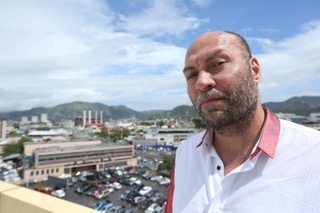
Jones claimed that the island’s Sexual Offences Act responsible for criminalising gay sex was unconstitutional and infringed on his freedom of expression and right to privacy.
Writing for PinkNews in November last year, Jones described the second-class status of LGBT people on the island.
“I am a criminal simply because I am a gay man,” he wrote.
“There are around 100,000 LGBT people on my islands, all living with the threat of criminal law hanging over them.
“We inherited these laws from Britain, but my own Government extended the law from only gay men to include lesbians as well after we gained our independence.”
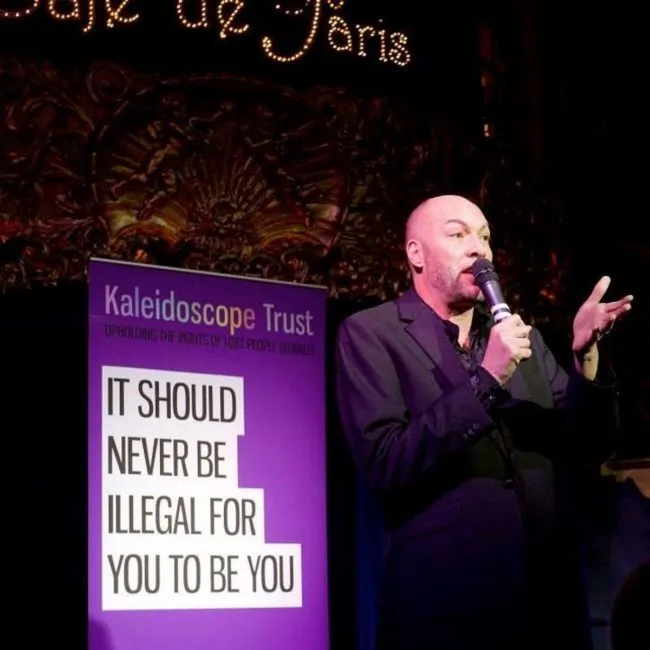
Trinidad-born Jones, a dual citizen who lives in London, has faced a significant backlash during his 14-month campaign.
“I have received more than 60 death threats, and hundreds of messages of hate on my social media pages,” he said.
“I live in fear for my safety and have become completely isolated from friends and family because I don’t want anything to happen to them back home.”
This landmark ruling could put several other countries, including Antigua, Barbados, Grenada, Jamaica, Saint Kitts, Saint Lucia and Saint Vincent, on the road to legalising gay sex, as it may now set a precedent for other Caribbean countries.

